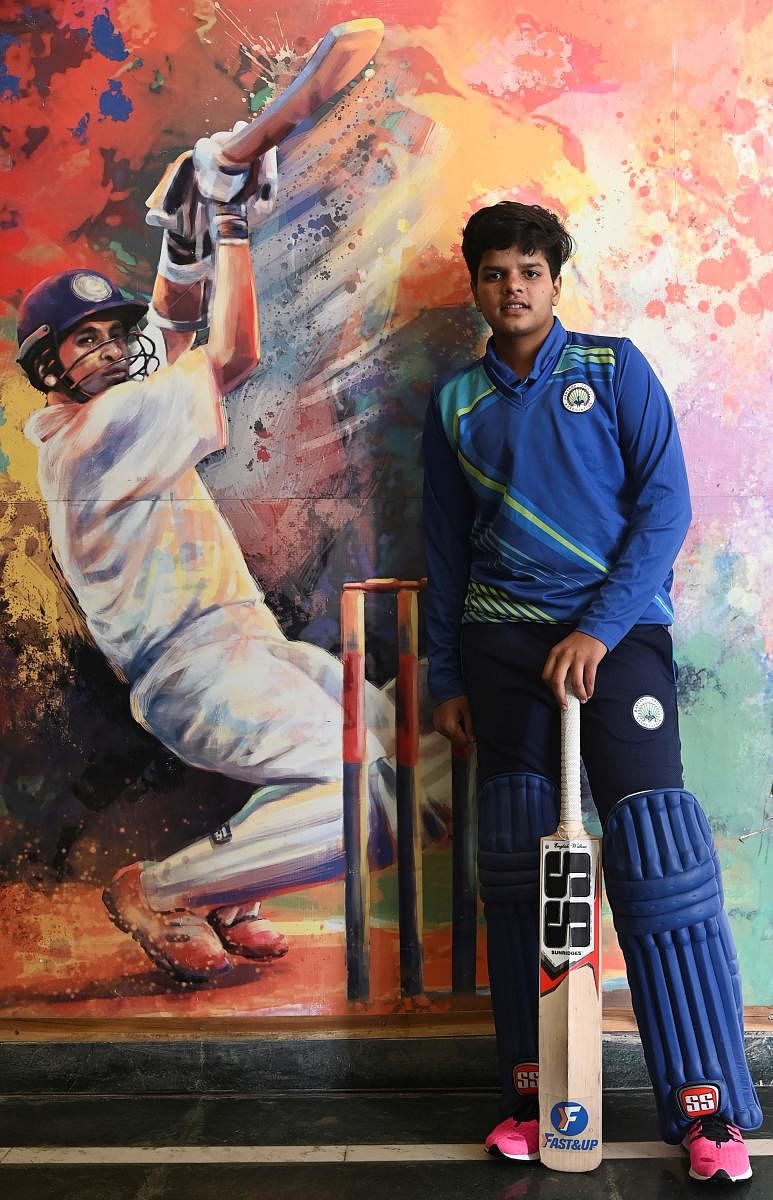
“What is the point of changing the terminology? Are women cricketers going to get paid the same as men? Instead of changing the definition, maybe they (the MCC) should do something more concrete.” This was in the context of MCC (the Marylebone Cricket Club in London, the body that upholds the laws of cricket) officially introducing a change in cricket terminology to say batter(s) instead of batsman/batsmen.
It was nice to discuss these points at the office while sipping coffee with colleagues. After all, returning back to the office has also opened up these options for informal conversations where topics just crop up and have the power to involve everyone, unlike an informal Zoom call! We debated for a good fifteen minutes and then got back to work. The next coffee break will be spent on some other topic and life goes on. Somehow, this conversation got my antennae up for all such gendered words that we end up hearing and using a lot. And then we observe, it is not just MCC, but even some others who are trying to make conscious choices around these. You would have noticed this in channels where they use “Official Spokesperson” of so and so party. Earlier they used to say spokesman. Similarly, we now hear the terms salesperson, person months of effort etc., wherein the word “person” is slowly replacing “man”. There are a whole lot of words that are still gendered using the word man, like, postman, chairman, sportsmanship, cameraman and so on. And there are words that do not use “man” but still bring the image of a man when we hear the word — driver, astronaut, pilot, chef etc. The truth is, there are many words that are associated with women only, either explicitly or through this kind of stereotyped imaging. Like, working woman! I have never been able to understand this term. What, there is no working man, is it? Or, does it mean only certain women work? All the other women are relaxing? And then, we have words like nurse, teacher, cook etc., where you are more likely to get the image of a woman when you hear this despite a lot of men doing these jobs. Once you start thinking about it, you realise how the stereotyping has happened over a long period of time, either through words or through illustrations or depictions that reinforce these stereotypes. We need languages to allow and encourage the use of words that depict the possibility of any person assuming any role, regardless of gender. This is required not just from being inclusive from a woman’s perspective, but also from the need to acknowledge that gender is not binary. Examining and removing stereotyping that happens through language is just the first step in inclusivity. One organisation like the MCC starting this is like a drop in the ocean — but drops do maketh the ocean, don’t they? Press, media, educationists, teachers, parents, et al — are you listening?
(The author is the host of a podcast that examines challenges faced by today’s Indian woman and proposes actionable strategies set in the Indian context.)